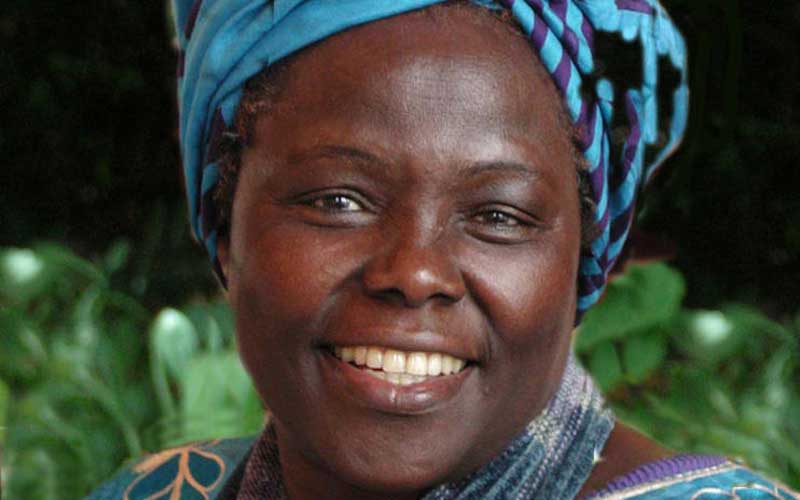×
The Standard e-Paper
Join Thousands Daily

On March 8, we celebrated International Women’s Day.
It is the day I reflected back upon a beautiful statue I once came across; a statue of women casting their vote and the caption “Nous Sommes Personnes” (We are also Persons) was on display.